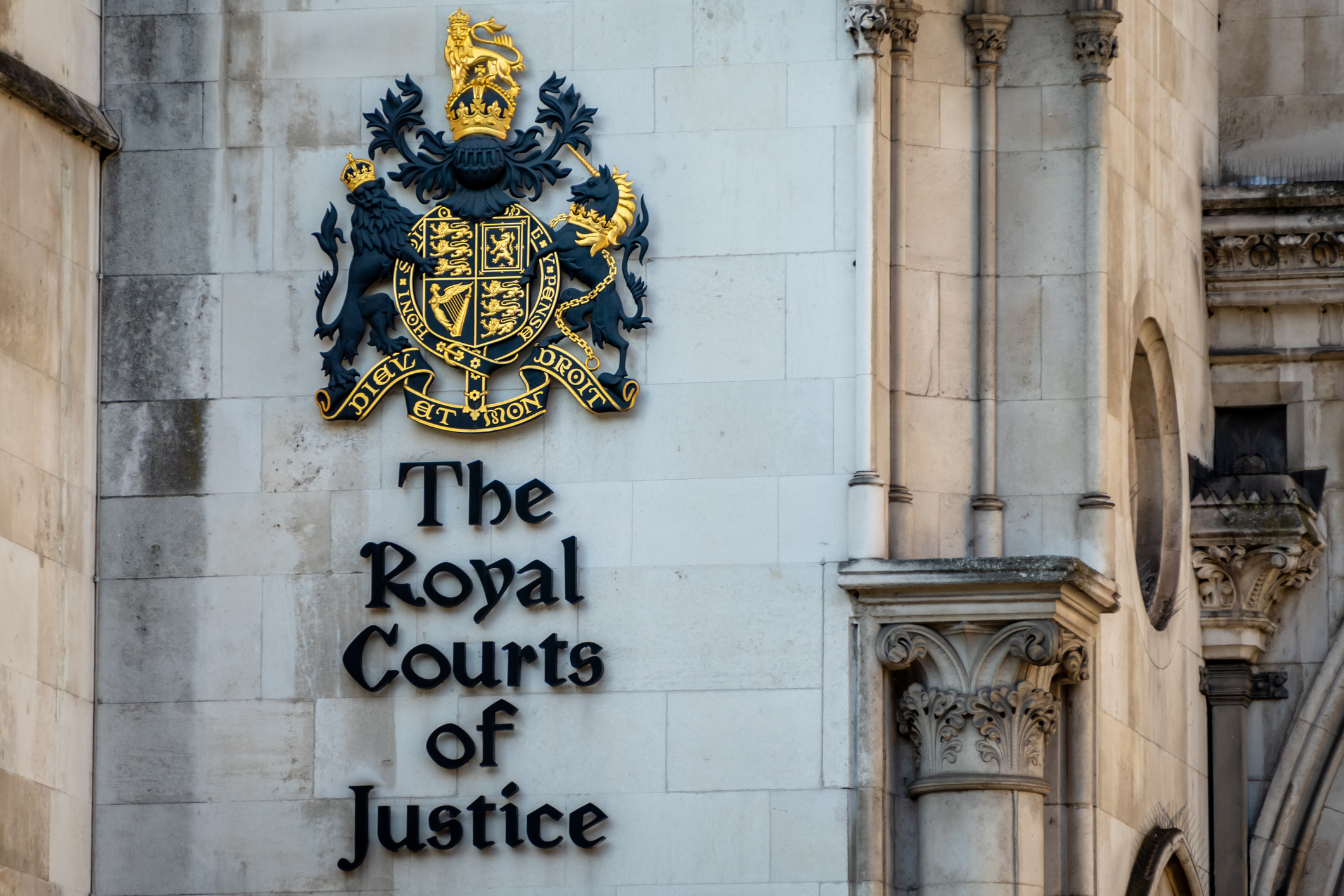A High Court judge has today (1 December 2023) dismissed Warrington Borough Council's application for an injunction to prevent the union Unite from calling on its members at one of the Council’s waste depots to take strike action.

Unite members have been taking strike action since October 3, 2023. Unite members employed by the Council are in dispute with the Council, following the national pay offer of a flat rate increase of £1,925, which is below the inflation rate and amounts to a real-terms pay cut.
Terms and conditions for local government employees are subject to national negotiation, the relevant negotiating body being the National Joint Council for Local Government Services (NJC), which requires a majority consensus from employer and employee representatives to reach a binding collective agreement.
On January 30, 2023, the NJC unions, UNISON, GMB and UNITE, submitted a pay claim to the National Employers. The claim was for a pay increase of RPI plus 2%. In addition, the pay claim set out a range of proposals aimed at enhancing pay and working conditions.
In response, on February 23, 2023, the National Employers offered a consolidated payment of £1,925 per employee or a 3.88% increase for those at the top of the pay scales.
In June 2023, Unite wrote to local authorities, including Warrington Borough Council, seeking a pay increase of RPI plus 2% and the additional elements set out in the pay claim, saying that it would be balloting its members for industrial action.
On 12 September 2023, Unite notified Warrington Borough Council of its intention to call on its members at Woolston depot to participate in discontinuous strike action from 3 to 16 October 2023.
Negotiations took place in October and November 2023, but no agreement was reached, and the industrial action continued. Unite informed the Council on 21 November 2023 of further industrial action from 5 to 23 December 2023.
The Council sought the injunction on 22 November 2023, claiming that the strike focused on local issues at the Woolston Depot, which was not part of the national NJC pay claim nor the subject of a ballot, making the action unlawful.
However, in her judgment, Mrs Justice Eady said: "...Just because a particular matter raised in negotiations had not been listed in the original NJC claim does not mean that it was not being raised as part of an attempt to resolve the dispute relating to that claim.” [Para 69]
Mrs Justice Eady continued in the judgment: “…once strike action has commenced, resolution of the trade dispute for which it has been called will generally necessitate resolving any issues that might relate to the taking of that action (e.g. lost pay, pension or holiday entitlement; protection of agency workers who refused to cross the picket line; etc). I do not consider that raising the question of holiday accrual for those involved in the strike action or the issues relating to agency workers who did not cross the picket line at the depot demonstrates that the defendant was in some way pursuing a different dispute.” [Para 72]
The Council also argued that the ongoing strike action initiated at the Woolston Depot led to a build-up of waste and a potential risk to public health.
Mrs Justice Eady acknowledged the impact the industrial action would have on those affected but said: “… I also acknowledge the very real costs and difficulties faced by the claimant [Warrington Borough Council]. At the same time, however, I must include in the balance the rights of the defendant [Unite] and its members. Weighing the balance of convenience in the light of all these factors, I do not find that this is such an exceptional case as to warrant the grant of an injunction…” [Para 76].
Responding to the judgment, Sharon Graham, the Unite general secretary, said:
Unite general secretary Sharon Graham said: “The fact that Warrington council lodged this legal challenge, which sought to take advantage of an anti-trade union law, should go against everything Labour stands for, it is a disgrace. It was also a massive waste of taxpayers’ money.
“The ‘industrial reality’ is that there is only one way to settle this dispute and that is for Warrington council to get back into negotiations and put forward a reasonable offer. Warrington refuse workers have their union’s absolute backing as they strike for a fair pay rise.”
Rachel Halliday, a partner and member of the specialist Trade Union Law Group at law firm Thompsons Solicitors, who acted for Unite, said: “The judge rightly recognised the industrial reality that those involved in negotiations to resolve a trade dispute may well need to look for new and creative solutions to move beyond an impasse.
“This is a helpful judgment for trade unions in that it makes it clear that the requirement contained in the Trade Union Act 2016 to provide a summary of the trade dispute in the ballot paper means a summary and not a list of every conceivable issue which might arise during the course of negotiations.”
Thompsons instructed Rebecca Tuck KC and Madeline Stanley of Old Square Chambers to represent Unite in court.
